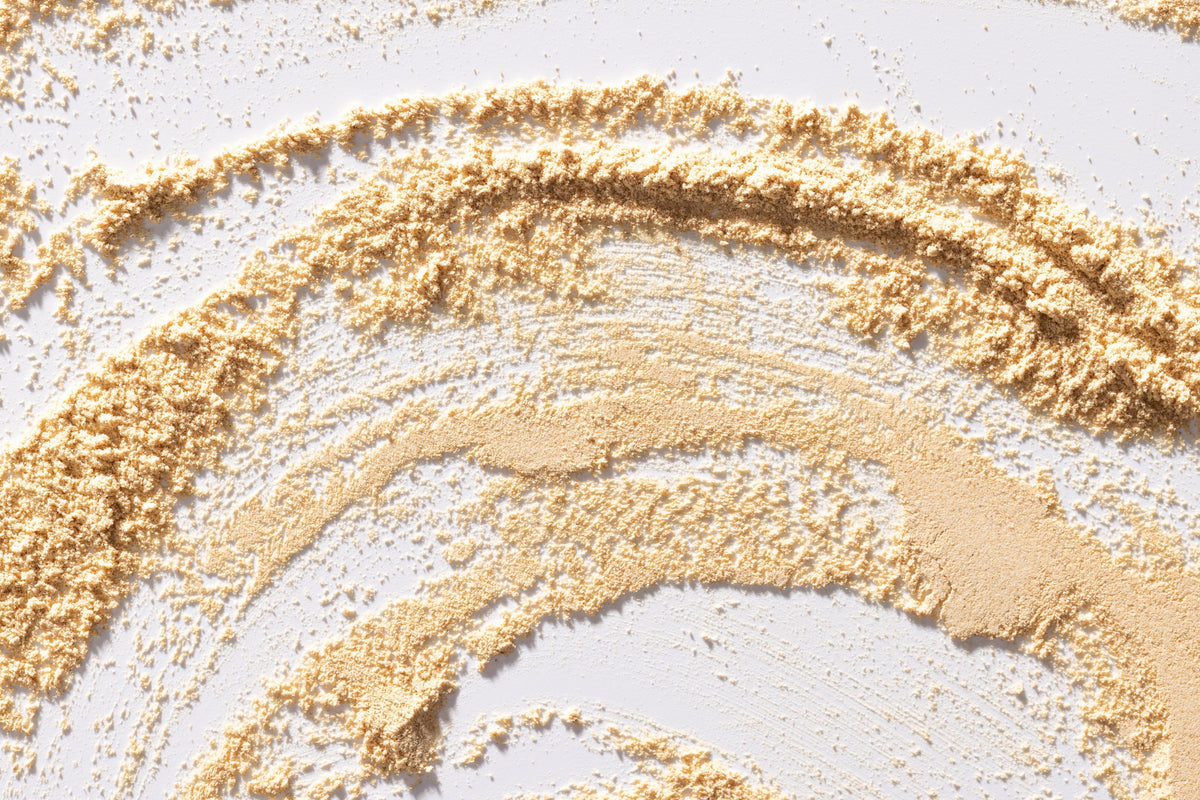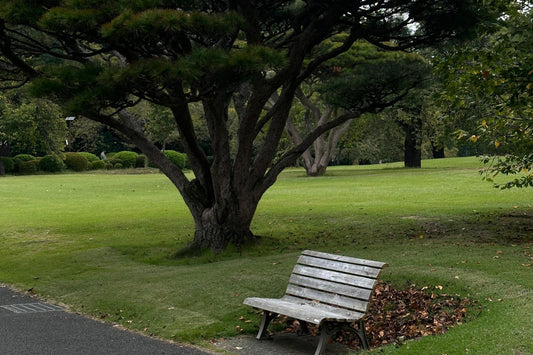Adaptogens: Ancient Medicine for Modern Times
Adaptogens are plants and fungi that help the body adapt to stress, balance hormones and support natural healing processes. Among them, maca – the “gold of the Andes” – stands out for nourishing both body and spirit for centuries. In this text we uncover what adaptogens are, why they matter in the modern world and how maca can become your ally in preserving vitality and equilibrium.
Today every medium and social network buzzes about wellbeing and wellness. Wellness is not merely a practice we adopt, nor a state we strive for – it is the cosmos we inhabit.
Wellbeing is an all-embracing atmosphere that permeates our emotional, intellectual, physical and spiritual existence. Our sense of thriving is not conditioned solely by mindset; it is woven into the invisible threads that connect us with people around us, with the rhythm of nature and with ourselves. Within that living organism of health and healing, where metamorphoses are as constant as the seasons, there is a wisdom thousands of years old that is finding new expression today. We are speaking of the wisdom of plants
We live in an illusion of autonomy – and how to break it
In Eastern healing traditions the human being is imagined as a microcosm of the universe, made of the same forces that govern the world. Daoism, for instance, sees people as particles of an unbroken continuum, the Dao, existing both within and beyond us.
In those traditions body was inseparable from mind, and human inseparable from nature, until Western thought later imposed the illusion of separation, believing we are independent systems free of nature’s basic needs.
That illusion of autonomy, driven by ego and the hunger for invincibility, led us far from original balance – so far that we pollute our own home and constantly forget that life is not static but a dynamic relation between inner and outer worlds.
How to realign the rhythm of life with the rhythm of nature
In a world whose tempo makes us forget that connection, plants and fungi nurtured for centuries by shamans, physicians and sages of different cultures become our allies in learning to realign life’s rhythm with nature’s rhythm.
The impulse to return to plant medicine is a sign of a deeper process. Humanity, after centuries of distancing, is beginning to return to its roots. A renaissance is under way, and the plant kingdom’s role is becoming increasingly significant. The bridge between humans and nature is being rebuilt, granting access to our origins and to the earth itself.
Plant medicines do more than give us food, shelter and protection from disease. Their purpose is greater because they remind us of the original state of consciousness that existed on Earth for millennia. Phytotherapy is a medicine of belonging, a portal through which we keep alive the sacred aspect of our source.
The history of adaptogens: ancient cultures and plant wisdom
From the earliest civilisations humankind saw more than food in plants – they were medicine, teacher and bridge to the unseen. In India’s Ayurveda, plants like ashwagandha and tulsi cultivated ojas, the vital energy protecting the body from disease. Traditional Chinese Medicine spoke of qi, energy flowing through meridians; adaptogens such as ginseng and reishi were carefully chosen to strengthen that inner power and support longevity.

In Siberia and northern Europe, rhodiola was an ally against harsh climates, while in South America’s Andes shamans used maca to increase endurance, fertility and the body’s resistance to high-altitude stress. These plants were never isolated substances; they are part of a holistic understanding of humans as beings in constant interplay with nature, community and cosmos.

What exactly are adaptogens?
Adaptogens are a group of plants and fungi that help the body adaptare – adapt to physical, emotional and biochemical stressors. Their uniqueness lies in the fact that they do not act uniformly but intelligently support balance. For example, if stress hormone levels are high, they lower them; if too low, they can raise them. This modulatory power makes them unique in the plant world.
Why do we need adaptogens?
In a contemporary world where stress, exhaustion and chronic inflammation are daily realities, adaptogens emerge as natural allies. They:
- support resilience to physical and emotional stress
- balance hormones
- strengthen the immune system
- boost energy without the jittery effect of caffeine
- slow ageing by promoting inner regeneration
Adaptability and disease: the power of adjustment
Disease often appears as a sign of rigidity – the body and mind’s inability to respond to environmental demands and internal change. In nature life is sustainable thanks to an unceasing process of adaptation. When that mechanism weakens, imbalance and fatigue follow.
Adaptogens act like a bridge returning the body to its innate adaptive capacity. Rather than fighting symptoms they strengthen our inner resilience. In that lies their power: they remind us that health is not static but continual motion, adjustment and harmony between inner and outer worlds.
That is why we added maca to our range, an adaptogen from the heart of the Andes renowned for nurturing both body and spirit.
While in the coming weeks we will explore its benefits – and those of other adaptogens – in detail, below is a brief introduction to why this plant has held a special place for millennia among people who knew how to synchronise their rhythm with nature’s.
Maca: gold of the Andes and plant of adaptation
At the heights of the Peruvian Andes, where air thins and weather is harsh, grows a plant that has long been the ally of local communities. Lepidium meyenii, known as maca, is a symbol of resilience. Ancient peoples used it to increase stamina, support fertility and help the body withstand life above 4,000 metres.
Maca is now recognised as an adaptogen that influences the hypothalamic-pituitary-adrenal (HPA) axis, modulating hormones – invaluable in today’s stress-laden world.
The science of maca
Research confirms what Andean shamans knew for centuries. Maca can:
- help regulate hormones, especially for women in peri- and menopause (raising oestrogen, reducing hot flashes and mood swings)
- raise energy and endurance without caffeine-like stimulation
- support reproductive health in both women and men, improving libido and sperm quality
- increase stress resilience by balancing cortisol and supporting adrenal glands

How does maca work?
Maca contains no phytoestrogens. Instead, bioactive compounds such as macamides and macaenes naturally support the endocrine system. Its effect is gentle yet cumulative, delivering best results through continuous daily use.
Maca as a modern adaptogen
Maca is a subtle yet powerful ally. It can be consumed as a powder added to smoothies, morning oatmeal or drinks, or as capsules. We are especially fond of our Matcha Maca Latte we make daily. Its lightly nutty, caramel flavour reminds us that plants are not just medicine but a way to anchor ourselves, to return to body, nature and the rhythm we once knew.










